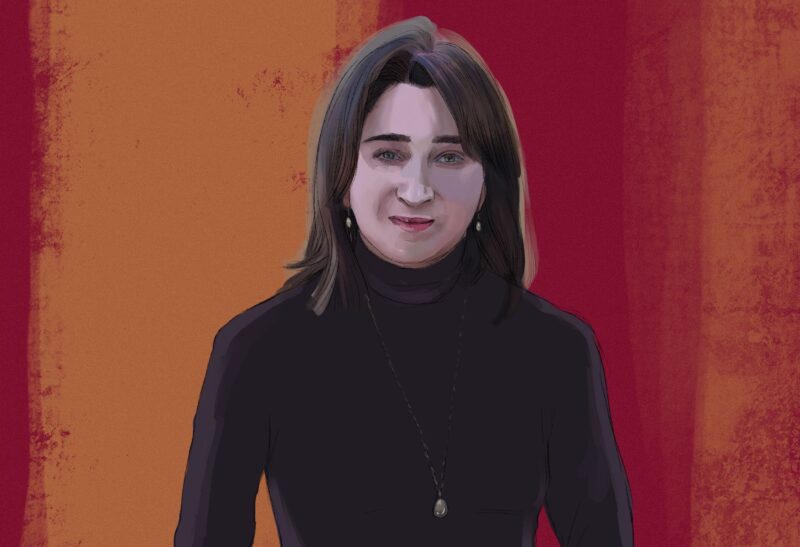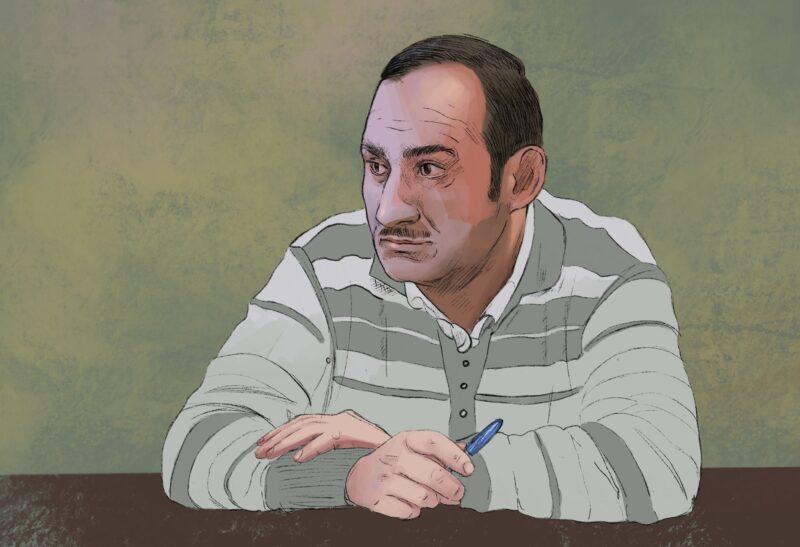

Davos is the annual meeting of the most powerful people in the world, which constitutes a major networking opportunity as well as chances for leaders to project themselves, their countries and/or organizations, according to its supporters. The World Economic Forum is also a platform that lends credibility and amplifies the messages.
The major message that Davos wealthy could, but might not want to hear during this year’s gathering in the Swiss Alps came from Pope Francis asking them to “stop thinking only of themselves,” demanding that attention be paid to inequality and poverty, how “wealth must serve the people not rule them.”
The Pope’s call is something that business and government leaders certainly need to be reminded of as the global churn quickens. In fact, attendance this year reflected the fact that like corporations and economies, the political regimes also do not last forever – the Arab Spring uprisings have ousted dictators in Tunisia, Egypt, Yemen and Libya over the past few years. Fears also mount that “Fragile Five” emerging markets – South Africa, Turkey, Brazil, India, and Indonesia – could leave investors vulnerable in the months and years ahead…
In the meantime, Davos appears to be yet attractive for the allegedly corrupt leaders from countries that promise less economic reforms, such as Russia, Kazakhstan, Azerbaijan, and many others.
The 2012 report of the Tax Justice Network discredited the concept of trickle-down economics mentioning that in some former Soviet states, such as Russia, citizens have an estimated $798 billion hidden off-shore, while Ukrainians and Azerbaijanis have ferreted away $167 billion and $48 billion respectively.
For Davos observers, while fragile economies and seismic strategic shifts that already happening in the Middle East dominated this year’s discussions of the global elite, many participants yet remained uneasy about what lies ahead for global economy, as they left Davos last Sunday.
In Baku, President Ilham Aliyev announced this week that his country would not yet join the World Trade Organization “despite the fact that they are inviting us there insistently.”
Azerbaijan will join the WTO only when it “ensures proper protection of its domestic market,” Aliyev stated, just days after his return from Davos.
Back in the Swiss Alps, the Azeri leadership hosted a special evening for Davos elite, organized by Heydar Aliyev Foundation which is run by Azerbaijan’s First Lady Mehriban Aliyeva, “to promote the country’s development, its commitments and contribution to the world economy”, according to the Baku media.
As part of its sponsorship of the Forum, Azerbaijan also has been giving all Davos attendees some swag, according to several participants.
Among 46 countries that attended the global forum this year with 48 presidents and prime ministers, – up from 37 last year — many suffer from corruption and economical problems.
What really explains the interests of post-Soviet and Middle East authoritarian leaders to such events like the World Economic Forum, which is an ideal place for dialogue and debate regarding major social and economic problems of the planet?
I’ve asked several geopolitical risks analysts what is could be the possible role of Davos debate for countries like Azerbaijan?
Ian Bremmer, Founder and President of the Eurasia Group, is one of the leading authorities in geopolitical risk. He is also one of the many thought-leaders attending the World Economic Forum’s gathering in Davos, Switzerland.
Speaking to Meydan TV, he said, Davos “mostly helps by putting leaders of these countries in forums with industry leaders who can share with them the opportunities and challenges they see investing in their country…and also how the private sector responds to other (potentially competitive) countries.”
“There’s much more they could benefit from by attending the substantive WEF sessions organized around governance, sustainability, and the like…but the government delegations tend to stick together for bilateral and multilateral meetings outside the primary forum agenda,” he said in an interview.
Is there anything that international clubs such as Davos or foreign organizations or their countries have to do to change the situation?
For Bremmer, these organizations are most important in their ability to convene meetings: “They can (and do) set interesting and forward-looking agendas, and the public discussions are worthwhile.”
But ultimately leaders from these countries have their own planned agendas, he added.
“Like the G20 and the Security Council, to truly be effective, the actors themselves are the ones that need to do the moving,” he emphasized.
Nader Habibi, Middle East economy analyst at Brandeis University’s Crown Center, agrees that Davos yet remains an important opportunity for most leaders to organize bilateral meetings with other political leaders and business leaders in one location.
“When an economy is in trouble the leadership might wish to reassure international investors. Davos is a good opportunity for political eaters to meet with business leaders and try to boost confidence in their countries,” he said in an interview.
For example this year Iran’s president came to Davos to speak with several political leaders and oil companies about investment opportunities in Iran’s oil and gas sector once the oil sanction is lifted.
For James M. Dorsey, a veteran American journalist and commentator who over the past three decades served as a foreign correspondent in Europe, Africa, Central America, Middle East and Washington DC, in the case of Iran, many at Davos were waiting for the chance to get a personal impression of Rouhani and for a statement on his part that summarized not only Iran’s foreign and nuclear but also its economic policies.
“All of this is more important for countries with troubled images whose economic and foreign investment policies raise questions,” Dorsey said in an interview.
Economy Professor Martin C. Spechler from Indiana University, who has written several books regarding economy risks in post-Soviet region, believes that the countries of Central Asia need to reform their judiciaries and democratize their politics. That would encourage local business as well as foreign.
“However, I am very skeptical of the Davos forum,” he told Meydan TV, arguing that “it’s expensive and time-consuming, and no responsible leader of business or government will do anything on the basis of what some ambassador says at the forum: “They will check out the situation on the ground.”
Similarly for Azerbaijan, he said arguing that the country needs honest elections, a free press, and judicial reform need to be moved forward.
“Ideally, the Aliyev family should retire to guarantee fair completion,” Prof. Spechle added.



